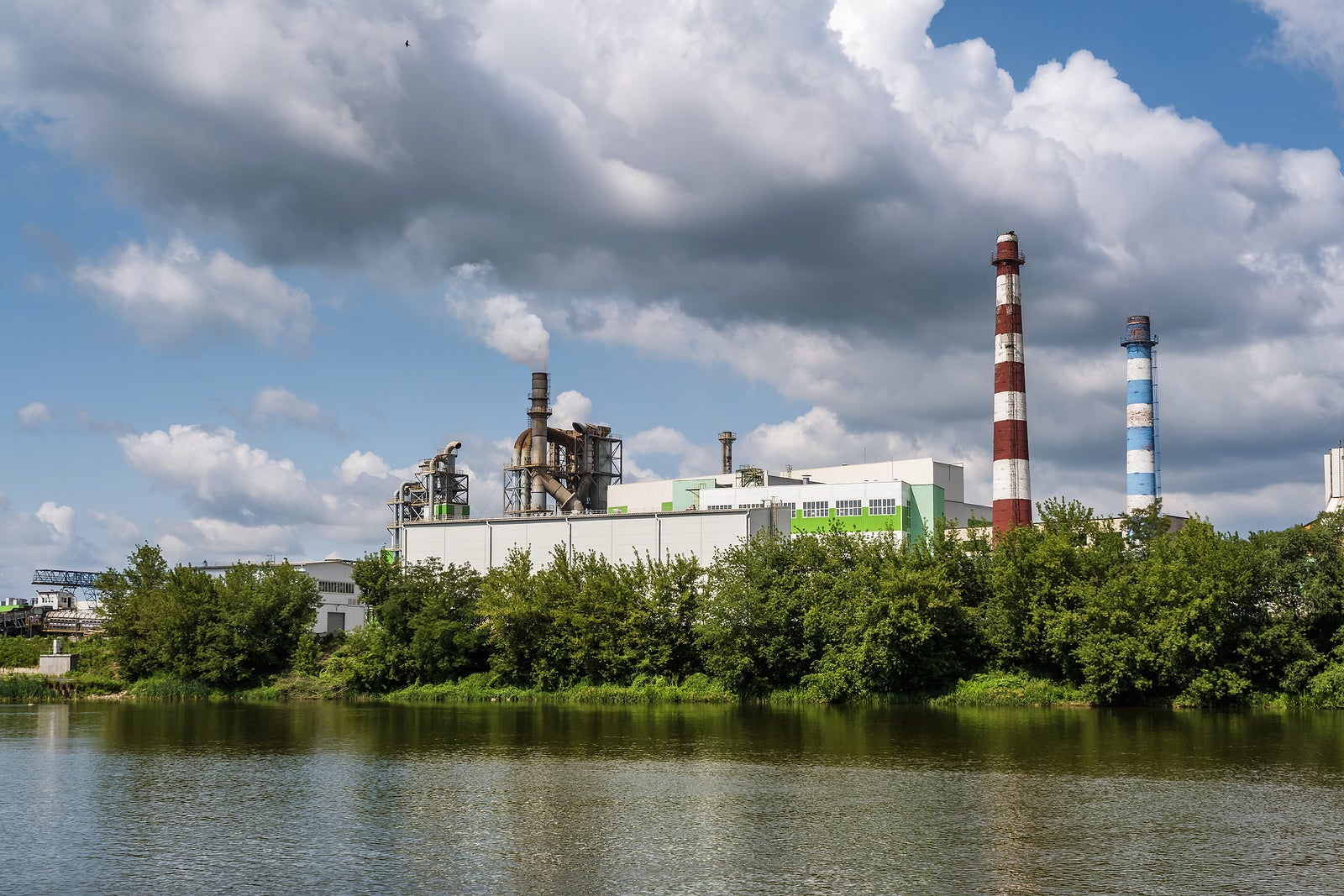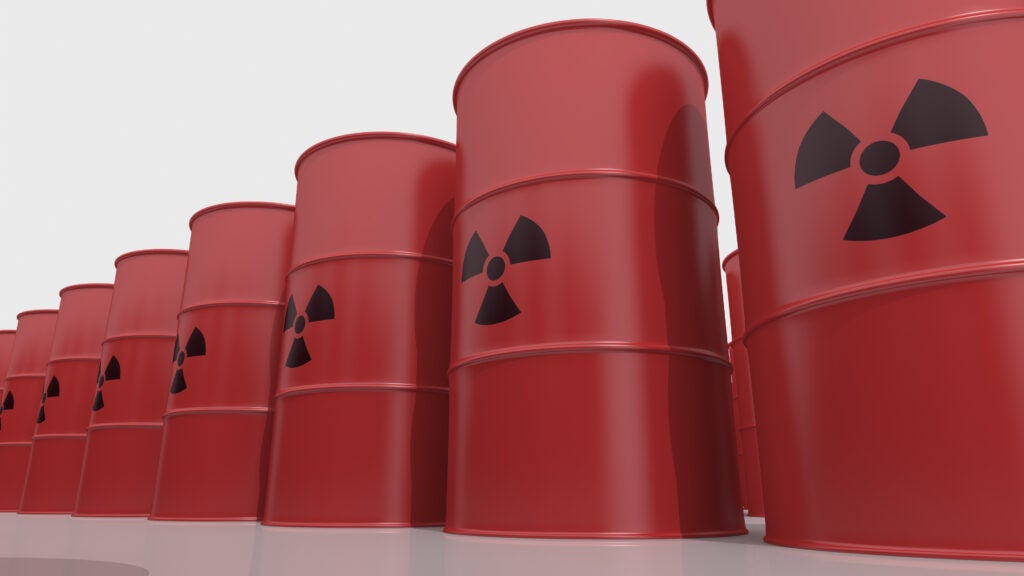
Maintaining a clean environment should be a priority when operating a business. A clean environment ensures your employees, customers, and anyone else around your space are happy and healthy. With an unclean environment, germs and bacteria could spread far more quickly, which could have a negative effect on society. That’s why every business owner must do all it takes to maintain a clean environment. A dirty environment doesn’t just cause infections to the public. It could also affect the reputation of your business.
 Though reducing industrial waste could be an overwhelming task, you need to take the necessary measures to minimize the amount of waste your business produces. This is where waste management comes in. When managing your industrial waste, it’s important to implement simple methods that aim to reduce, reuse, or recycle waste products to ensure you don’t pollute the environment. To manage your waste effectively, you need high-quality trash compactors from companies like GK Industrial Refuse Systems and similar providers. This ensures your waste products are brought under control and managed cost-effectively.
Though reducing industrial waste could be an overwhelming task, you need to take the necessary measures to minimize the amount of waste your business produces. This is where waste management comes in. When managing your industrial waste, it’s important to implement simple methods that aim to reduce, reuse, or recycle waste products to ensure you don’t pollute the environment. To manage your waste effectively, you need high-quality trash compactors from companies like GK Industrial Refuse Systems and similar providers. This ensures your waste products are brought under control and managed cost-effectively.
In this article, you’re going to learn some simple yet effective tips for managing your industrial waste. But before that, you may need to understand what industrial waste is.
What Is Industrial Waste?
 Industrial waste is a term used to describe any unwanted materials caused by a business activity during manufacturing or processing. It can also consist of chemical, hazardous, and toxic materials produced by businesses. Such materials are considered useless and therefore disposed of after the manufacturing process is completed. Some of the industries that produce a lot of waste products include textile mills, food manufacturing companies, industrial chemical companies, and printing and publishing firms.
Industrial waste is a term used to describe any unwanted materials caused by a business activity during manufacturing or processing. It can also consist of chemical, hazardous, and toxic materials produced by businesses. Such materials are considered useless and therefore disposed of after the manufacturing process is completed. Some of the industries that produce a lot of waste products include textile mills, food manufacturing companies, industrial chemical companies, and printing and publishing firms.
How Can You Manage Your Industrial Waste?
Any waste product produced by a firm could be either toxic or nontoxic. However, both could harm the environment if not managed the right way. So it’s best to find ways to take care of any unwanted materials produced by your business. With that said, here are some strategies you could implement to help you manage your waste products.
-
Segregation
Some industrial waste products could take many years to decompose, like plastic, aluminum cans, and batteries, or they don’t decompose at all, such as styrofoam and tinfoil. Thus, there’s a need to separate your waste materials before disposing of them. Segregation is one of the most efficient waste management strategies adopted by many industries. When well implemented, it could ensure industrial waste materials are disposed of properly and damage to the environment is lessened.
However, there must be a collaboration between businesses, homeowners, and local authorities for this strategy to work. Collaboration is essential because everyone is responsible for understanding the importance of segregation and how to properly separate waste products at their disposal. There’s a need for all the stakeholders, including the general public, to know which materials can decompose and which ones take many years to break down.
Also, proper waste segregation requires that recyclable materials be used by industries when manufacturing products. Also, businesses and local authorities must ensure there are designated points with properly labeled bins to help separate the different types of waste. At the collection points, toxic waste materials should be separated from nonpoisonous waste products. Also, decomposable industrial waste needs to be segregated from nondecomposable ones.
-
Recycling
Some waste products could be recycled to make new items. So before you dispose of any waste materials, determine whether they can be recycled or not. By recycling, you could turn unwanted materials into useful ones, helping reduce your expenses.
After you’ve determined whether your industrial waste is recyclable, set up dumpsters where such wastes could be segregated. After separation, take them to a recycling center. Recycling helps the government achieve its goal of maintaining a positive and clean environment.
-
Utilizing Landfills
After separating your waste, you can dispose of the nonhazardous and nonrecyclable materials to landfills. This is a strategy where waste products are confined to a small area, compacted, and then buried beneath the earth’s surface.
As such materials decompose, they produce heat that could be converted to natural gases. The natural gases produced could be used to generate electricity. Utilizing landfills is a cost-effective method of waste management and ensures that minimal harm is caused to the environment.
-
Composting
Composting is a waste management method where organic waste is turned into fertilizers and manure, which could be used to feed plants. Some industrial waste products that could be converted to fertilizers and manure include food waste products, leaves, sawdust, rice straw, cardboard, and other organic materials.
Composting is one of the most effective ways of eliminating industrial waste through recycling. It also helps improve the environment because the manure manufactured from such products could be used to nourish plants. This could ensure the environment is always green.
-
Incineration
Incineration is a thermal waste treatment strategy of combusting waste products in a controlled environment. The main aim of this process is to reduce waste and recover energy from the waste stream. The heat produced by combusting waste products could be used to generate energy.
-
Waste Minimization
Waste minimization is a waste management approach that aims to reduce the amount of hazardous wastes generated by an industrial or manufacturing firm. In other words, it’s the process of keeping the amount of waste materials to the lowest level possible. It involves making some adjustments to your industrial or manufacturing activities so the amount of waste generated by your businesses is lessened.
-
Recruiting An Industrial Waste Management Firm
Outsourcing is one of the latest trends in the business world. It could help save time and improve your business’ efficiency. There are many services you could outsource, and waste management is one of them.
So rather than go through the stressful process of separating and managing different types of waste, you could work with a waste management firm in your region. Waste management firms are experts in waste management, and by working with them, you’d eliminate a lot of hassle when monitoring and managing your waste. A reputable firm could handle your waste more effectively and allows you time to concentrate on other business processes.
Why Should You Manage Your Industrial Waste?
There are many benefits you can derive from managing your industrial waste effectively. Some of these include the following.
-
Helps Avoid Legal Liability
In many countries worldwide, rules and regulations require industries and manufacturing firms to manage and dispose of their waste products the proper way. As these waste products are toxic and could pose a danger to the public and environment, any firm that fails to observe these rules could be liable for penalties. Penalties could be so high that they could significantly add to your business expenses. But you could avoid any legal liability by simply managing your waste materials.
-
Helps Preserve The Environment
Unmanaged and careless disposal of industrial waste materials could hugely harm the environment. Harmful waste products and other emissions produced by industries could affect the air, water, and soil, as well as the creatures that live there. You could avoid causing harm to people, animals, and even plants by implementing a proper waste management strategy in your business.
-
Aids In Better Organization
Proper waste management can have a positive effect on your business space. It ensures waste products don’t pile up on your business premises, allowing you to remain organized. Setting aside an area where you could put all your waste materials and have them picked up regularly is one of the best ways to ensure your space remains clean and organized. It also allows your workers to move more freely within the workplace, thus improving their efficiency and productivity.
Moreover, managing waste products could ensure your employees are safe from physical injuries, especially those dealing with sharp objects. By sorting and eliminating dangerous items, you could avoid any harm to your workers.
-
Helps Save Money
It’s only through waste management that you could identify reusable and recyclable items. When you reuse or recycle waste materials, you could save a lot of money, which you could then use to buy new items for your business. Recycling helps reduce your operating expenses, thus allowing you to maximize your profits.
Also, through waste management, you could identify some items that can be sold to other manufacturers who could use them to produce other items. Selling your waste products to other manufacturers would allow you to generate more revenues.
Besides, you can decompose some of your waste materials and generate electricity to power your engines. So instead of paying huge monthly electricity bills, you can manage your waste through the landfill strategy, which could help you reduce your electricity bills.
Takeaway
To maintain the environment in its good state, every business owner must find ways of managing their waste. Managing waste ensures the environment is protected from harmful pollutants that could affect human health.
There are many strategies you could employ to manage your industrial waste. The first strategy is segregation, wherein you separate your wastes according to their type for effective disposal. Landfill use is another way of disposing of waste products that you can’t recycle, and composting is a method of treating waste through biodegradation to manufacture fertilizers and other plant feeds. Lastly, you can recycle your industrial waste materials to produce new items.
2729 Views












